You feel it in the buzz—something bigger this time. De9jaspirit Talent Hunt (DTH) is back for Season 4 and, honestly, it’s trying to do more than just entertain. It wants to open doors, stir conversation, and maybe — just maybe — change a few lives along the way. After a campus tour that felt like a scout for raw energy, the show now lines up 22 acts for ten weeks of competition, coaching, and crowd moments we’ll be talking about for a while.
A different approach this year — and I like it
What stood out to me about this season is how DTH went looking for talent instead of waiting for talent to come to it. From July 9 to July 18, 2025, the first-ever Campus Tour hit major universities: Port Harcourt, Benin, Abuja, Lagos, and IMT Enugu. That felt smart. It’s not new to say “we want real talent,” but taking the show to campuses — removing registration fees and asking students to post one-minute clips tagged to DTH — actually matters. It lowers the barriers. It lets creativity show up without wallets deciding who gets a shot.
Yes, it’s simple: a one-minute social clip and then the best performers appear live on campus. But simple sometimes works. And this process picked 22 strong, varied talents who will now compete for more than just applause.
Also read: When One Moment Changed Everything: 2Shotz on Accusations, Loss, and Recovery
Who’s on stage — variety, and then some
The lineup reads like a playlist with everything thrown in. Singers, spoken word artists, dancers, comedians, magicians, contortionists, sax players—name it. Some names stand out: Chris Vic, a gospel singer with a voice that seems to carry, or T-Jay and BigSøma, who bring different flavors of vocal versatility. Spoken word has its own heartbeat here too: The Global Poet, Isime Precious, Neji Irregular, and Loveth Liberty promise that the emotional and intellectual side of performance won’t be ignored.
Comedy has faces and voices meant to get people laughing—Da Messenger and MC Olaks among them. Phoenix the Magician is listed to surprise us all, and I confess I’m keen to see what tricks a magician brings to a stage that usually rewards volume and choreography. Speaking of choreography, there are crews—Kidsteppers, The Elite Kings, Cloud 9, KSS Dance Crew, and a few more—ready to fill the stage with movement and, I think, some serious staging choices.
A couple of acts feel like the wild cards: Body Engine, a contortionist, and Jeremiah Fjsax, a saxophonist. They remind me that talent shows don’t only mean singing; sometimes it’s a single instrument or an odd physical skill that stops the room.
What the winners get — and why it matters
Money talks, of course. Season 4 steps it up: ₦30 Million for the winner. That’s sizeable and likely life-changing for someone who’s been grinding in their craft. The first runner-up gets ₦7 Million and second runner-up ₦3 Million. Each week, a standout performer will pocket ₦500,000. Those weekly prizes should keep competitors pushing themselves—because you never know when one week can elevate your whole journey.
Beyond cash, past seasons show what a platform can do. Season 1 introduced Konstance, who won ₦10M and used that moment to break into Afrobeats and R&B circuits. Season 2 gave Ugee Royalty her own moment in gospel music, while Season 3 launched Exoduz Dance Crew into continental recognition with cash, a car, and travel. So the prize isn’t only what’s in the check; it’s the exposure, the connections, the coaching. That matters.
Judges, host, and the season rhythm
There’s a solid mix on the judging panel: Liquorose brings mainstream influencer appeal, Vector adds music credibility, Ini Edo gives Nollywood gravitas, and IK Ogbonna rounds it out with TV presence. VJ Adams—the show’s host—called “The Captain,” seems like he can hold the stage and the energy. It’s balanced in a practical sense, though not perfectly symmetrical. I mean, opinions will vary—some will say the panel tilts entertainment-heavy, others will like the blend of hype and craft.
The show runs from September 7 to November 9, 2025. Weekly episodes air on Soundcity TV and Africa Magic Family, and live shows stream on the DTH App every Sunday. Subscribers on certain plans can vote and join games — a nice way to make viewers feel involved, though the paywall will irk some. Still, interaction is a modern necessity for shows like this.
Also read: Sultana Takes Interim Head of House in Week Six — A Twist in Big Brother Naija Season 10
A bit of legacy, a bit of risk
Looking back, DTH has built momentum. It began small, then added travel packages, cars, and larger cash prizes, and each season brought memorable moments—like a six-year-old wonder or dance crews that made people look twice. Season 4 pushes boundaries again by using campus scouting and free registration. That’s inclusive, yes, but also a gamble: going wide risks uneven quality. Yet, that’s also where interesting discoveries hide.
For ten weeks, we’ll see contestants trained, challenged, and reshaped. There will be stumbles and triumphs, awkward moments and ones that make you tear up. It won’t be perfect. It should feel human. And that’s the point, I think—talent shows that try too hard to be polished lose some of the heart. DTH seems to be guarding that heart while getting bigger.
So here we are: 22 contestants, varied skills, a bigger prize, and a fresh route to discovery. I’ll be watching—partly for the performances, partly for the unexpected. Expect laughter, gasps, and probably a few controversies. But mostly, expect to meet some new names who might stay with us a long time.



![When Two Pregnancies Collided: My Story — Omo Local’s Truth 2 How me and my best friend got pregnant for my husband – Actress Omo Local [VIDEO]](https://wowplus.net/wp-content/uploads/2026/03/how-me-and-my-best-friend-got-pregnant-for-my-husband-actress-omo-local-video-680x1020.jpg)
![Why Older Partners Sometimes Make Life Easier 3 Older men allow you get away with a lot of things – Joke Silva [VIDEO]](https://wowplus.net/wp-content/uploads/2026/03/older-men-allow-you-get-away-with-a-lot-of-things-joke-silva-video-680x384.jpg)
![Seyi Law Backtracks on “Safer” Nigeria Comment 4 Seyi Law makes U-turn, apologizes for saying Nigeria is safer than 10 years ago [Video]](https://wowplus.net/wp-content/uploads/2026/02/seyi-law-makes-u-turn-apologizes-for-saying-nigeria-is-safer-than-10-years-ago-video-680x680.jpg)
![“I’m Scared — VeryDarkMan Says Seyi Tinubu Threatened Him” 5 Seyi Tinubu is threatening my life – VeryDarkMan cries out [VIDEO]](https://wowplus.net/wp-content/uploads/2026/02/seyi-tinubu-is-threatening-my-life-verydarkman-cries-out-video-680x408.jpg)


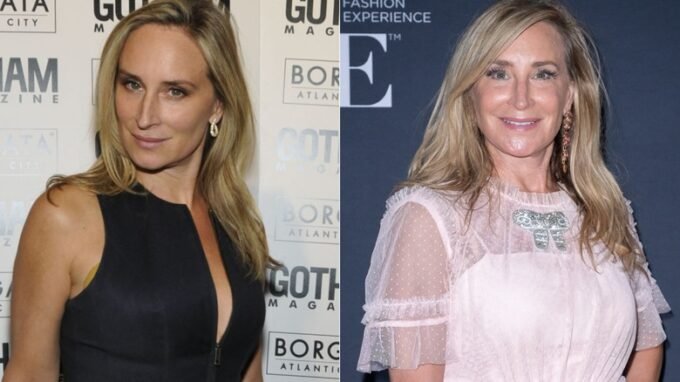
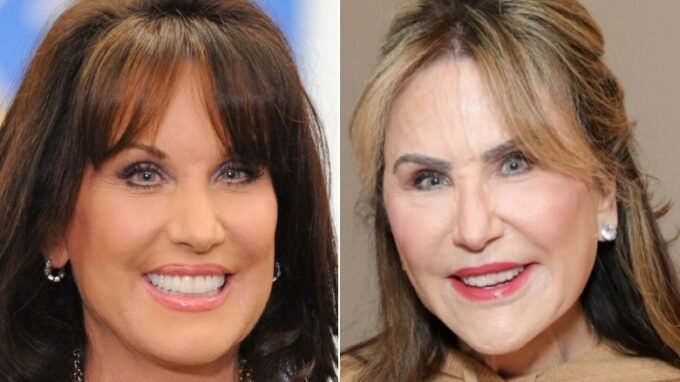
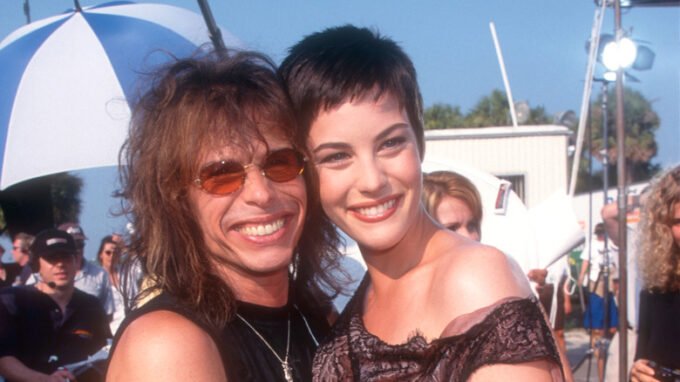








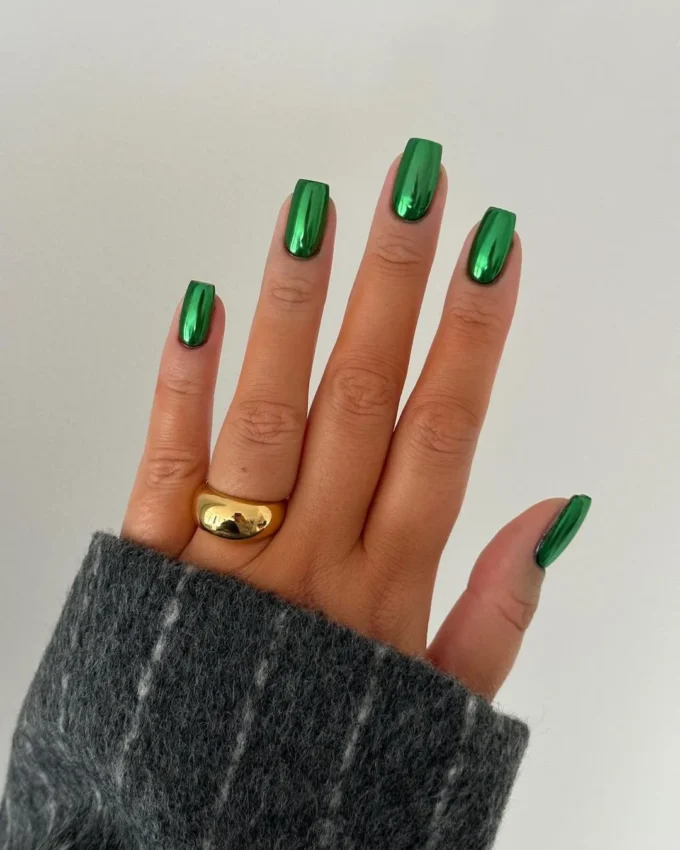



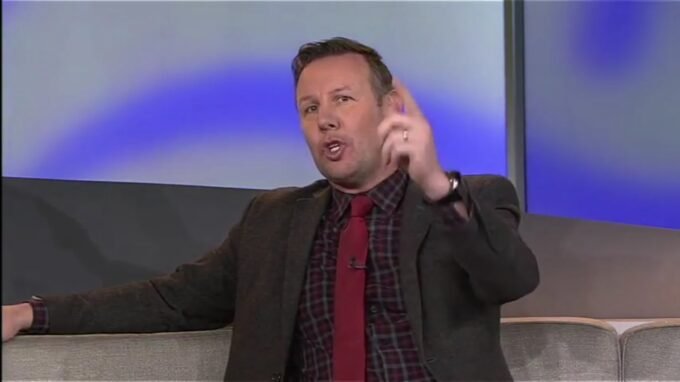
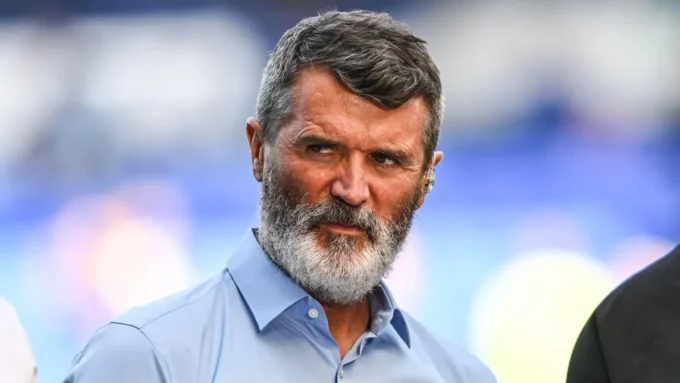
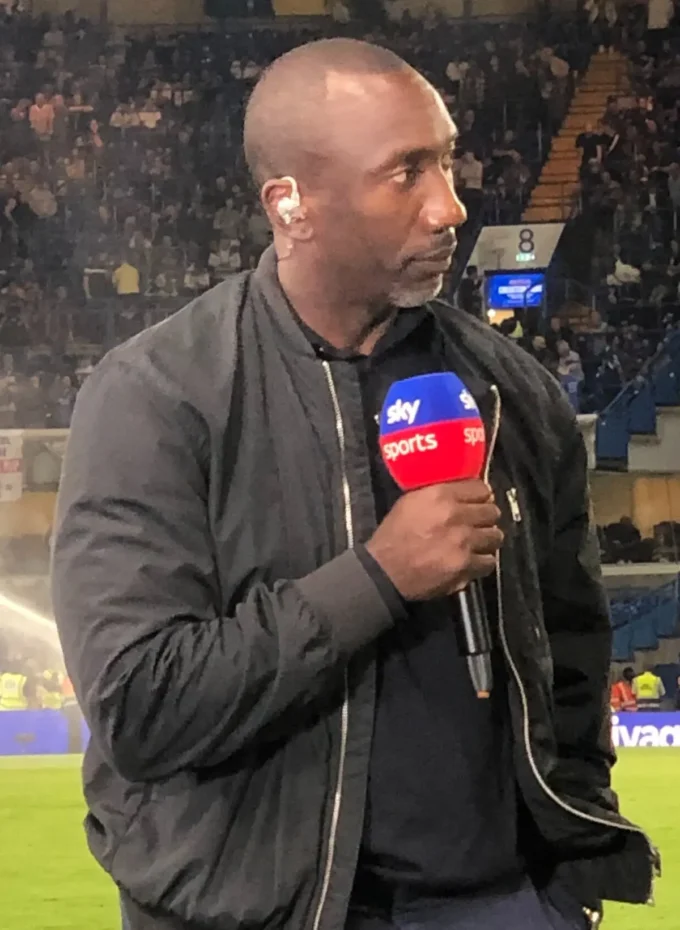


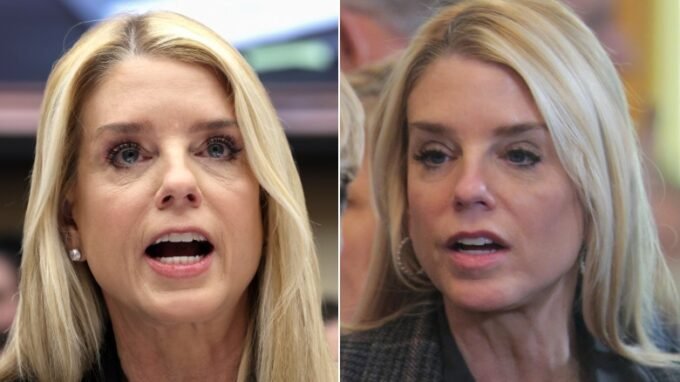
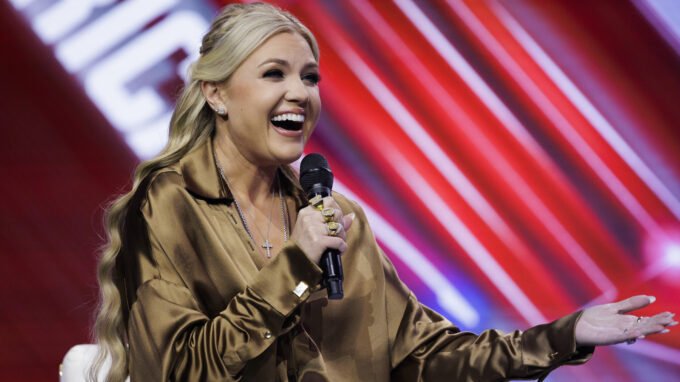
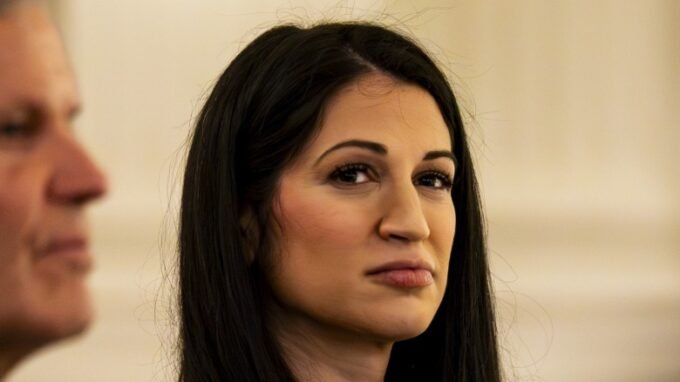
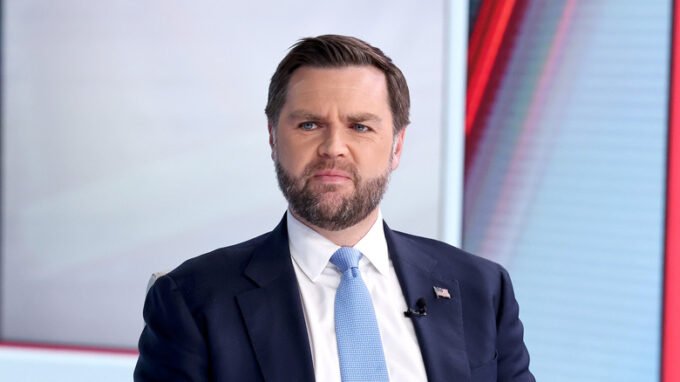
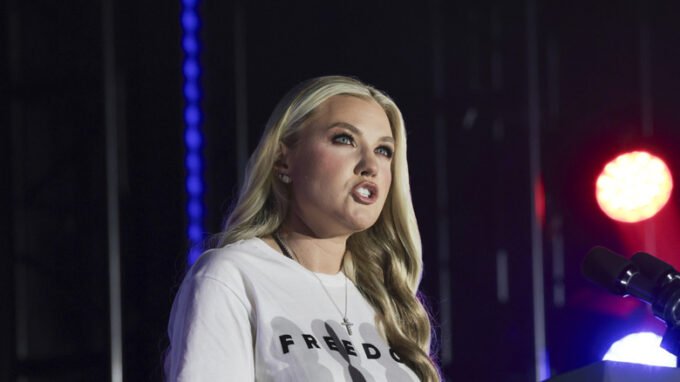
![Quiet Moments, Loud Reactions: Jason Jae and Sultana’s BBNaija Scene 131 BBNaija Season 10: Jason Jae, Sultana caught in intimate moment [VIDEO]](https://wowplus.net/wp-content/uploads/2025/09/bbnaija-season-10-jason-jae-sultana-caught-in-intimate-moment-video-300x300.jpg)






Leave a comment